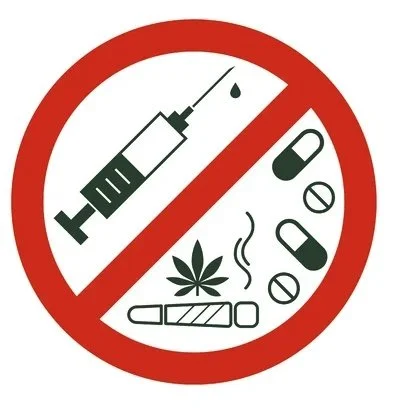Don’t do Drugs. I D.A.R.E. you.
D.A.R.E. (Drug Abuse Resistance Education) Day is a special day that is celebrated annually in schools and communities around the United States. This day is dedicated to promoting drug awareness and prevention among young people. D.A.R.E. Day is a fun-filled event that incorporates educational activities, games, and interactive demonstrations to help kids learn about the dangers of drug abuse and how to resist peer pressure.
The D.A.R.E. program was created in 1983 by the Los Angeles Police Department in response to the growing drug epidemic in the United States. The program was designed to educate young people about the dangers of drugs and to provide them with the skills they need to resist peer pressure and make healthy choices. Since its inception, the D.A.R.E. program has been implemented in thousands of schools across the country and has reached millions of children.
D.A.R.E. Day is usually held in the spring and is a time when students come together to celebrate their commitment to drug-free living. The day typically begins with a special assembly where students hear from local law enforcement officers, community leaders, and other special guests who share their stories and offer encouragement to stay drug-free. Students are also given the opportunity to participate in various educational activities, including workshops on drug prevention and awareness, drug testing demonstrations, and interactive games and activities.
One of the most popular activities on D.A.R.E. Day is the drug testing demonstration. This demonstration involves a police officer using a special kit to test for the presence of drugs in a sample. The officer will explain the importance of drug testing and how it can help prevent drug abuse. Students are often amazed at how easy it is to detect drugs and how quickly they can cause harm. I remember back in 6th grade, my teacher let us smell what weed smelled like. He told us it was fake, but Im not so sure about that. I still think about it to this day.
Another popular activity is the drug education workshop. These workshops are led by trained educators who provide students with information about the dangers of drugs, including the physical and mental effects of drug abuse. Students are also given tips on how to resist peer pressure and make healthy choices.
Interactive games and activities are also a big part of D.A.R.E. Day. These activities are designed to be fun and engaging while also teaching important lessons about drug prevention and awareness. One popular game is the "Drug-Free Zone" game, where students are divided into teams and compete to see who can answer the most questions about drug prevention.
D.A.R.E. Day is not only about education and prevention, but also about celebrating the accomplishments of young people who have made a commitment to living a drug-free lifestyle. Many schools hold special ceremonies where students are recognized for their commitment to drug-free living. These ceremonies often involve the presentation of certificates, medals, or other awards to students who have completed the D.A.R.E. program or have made other significant contributions to drug prevention efforts.
The impact of D.A.R.E. Day and the D.A.R.E. program as a whole cannot be overstated. Research has shown that the program is effective in reducing drug use among young people. A study conducted by the National Institute on Drug Abuse found that students who completed the D.A.R.E. program were significantly less likely to use drugs than those who did not. The study also found that the program had a positive impact on students' attitudes towards drugs and their confidence in their ability to resist peer pressure.
While D.A.R.E. Day is a great way to raise awareness about drug prevention and celebrate the achievements of young people, it is important to remember that drug prevention is a year-round effort. Parents, teachers, and community leaders must continue to work together to provide young people with the skills and resources they need to make healthy choices and resist peer pressure. This includes providing access to drug education programs, counseling services, and other support systems.
